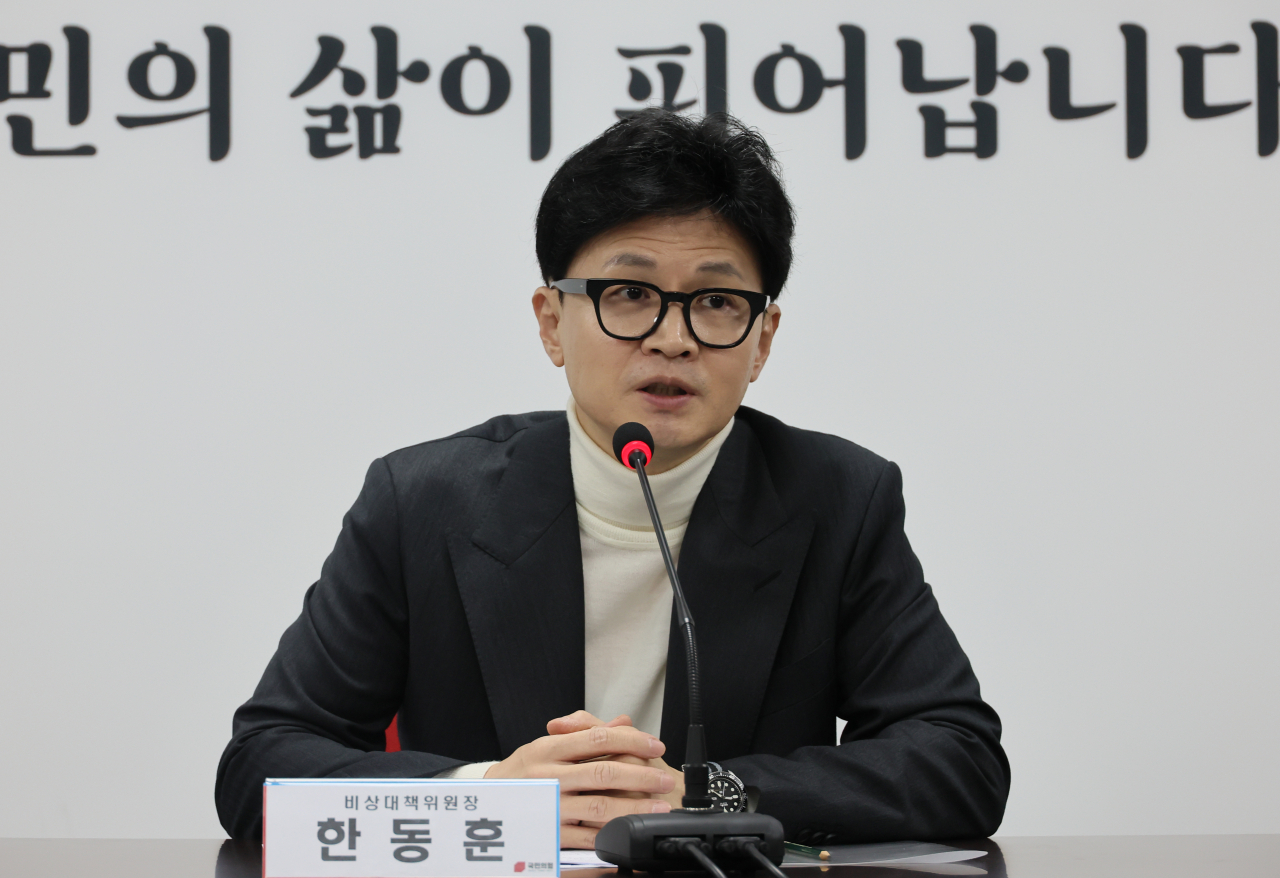Anti-Yoon vs anti-‘586’: Main parties’ election strategies take shape
By Kim ArinPublished : Feb. 25, 2024 - 17:30

The campaign strategies for South Korea’s two major parties are starting to take shape as they fill candidacies for the legislative general election less than 50 days away.
The Democratic Party of Korea, the main opposition that has a majority in the National Assembly, is playing the “Yoon Suk Yeol card,” seeking to capitalize on the strong anti-Yoon sentiment in the party’s base.
Rep. Kim Min-seok, who is heading the Democratic Party general election situation room, told reporters Sunday that voters he met have told him they wanted to express discontent with the Yoon administration.
“The voters are fed up with the incompetence of the Yun Suk Yeol administration and the People Power Party, which has another political prosecutor, Han Dong-hoon, as its leader,” he said, suggesting that both the administration and the ruling party were headed by what the Democratic Party is calling the “political prosecution service.”
“People see parallels between the way Yoon is running the country and how Han is leading the ruling party,” the Democratic Party lawmaker said. “Korea was fooled once. People are not going to let that happen again.”
While he was a prosecutor, Yoon gained fame for leading the investigations that are credited for sending the last two conservative presidents before him, Park Geun-hye and Lee Myung-bak, to jail. Han also played a key role in the investigations.
Yoon and Han were hailed as heroes by the Democratic Party until they launched an investigation into several corruption allegations surrounding Cho Kuk, who was a senior secretary for former President Moon Jae-in and his justice minister, in 2019.
The Democratic Party accused the two top-level prosecutors at the time of being “politically motivated and biased.” Under Moon, Yoon ended up stepping down from the post of prosecutor general and Han was demoted to a less prestigious position. Not long after, the ex-prosecutor general announced a presidential bid with the conservative party.
On the recruitment front, the Democratic Party is propping up candidates who are best aligned with its leader, Rep. Lee Jae-myung.
Most of the lawmakers who worked closely with Lee on the Democratic Party leadership -- including Reps. Seo Young-kyo, Ko Min-jung, Jung Chung-rae, Park Chan-dae and Jang Kyung-tae -- have been nominated for coveted Seoul districts without any primaries at all.
This led to the slew of lawmakers outside the pro-Lee Jae-myung faction leaving the Democratic Party to join new third parties, with a few switching to the rival People Power Party.
The People Power Party, on the other hand, is focusing on nominating candidates who can challenge what it defines as the political establishment: the “586 Generation” -- a generation of politicians and activists who attended college in the 1980s and protested against the then-military regime. The members of the 586 generation make up the mainstream of the Democratic Party.
More notably in Mapo-gu, central Seoul, the People Power Party picked former democratic movement activist Ham Un-kyung to run against Democratic Party’s Jung Chung-rae. Jung is a third-time lawmaker who served two years in jail for setting the US embassy in Seoul on fire as a college student in 1989, to protest against then-President Roh Tae-woo’s trip to the US.
For the two main parties the recruitment battles are still far from over. As of Sunday, out of the 253 voting districts nationwide, just 49 or 19 percent had candidates of both parties picked.



















![[Today’s K-pop] Treasure to publish magazine for debut anniversary](http://res.heraldm.com/phpwas/restmb_idxmake.php?idx=642&simg=/content/image/2024/07/26/20240726050551_0.jpg&u=)